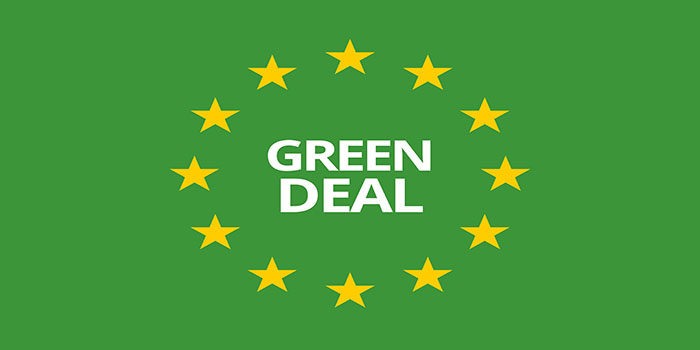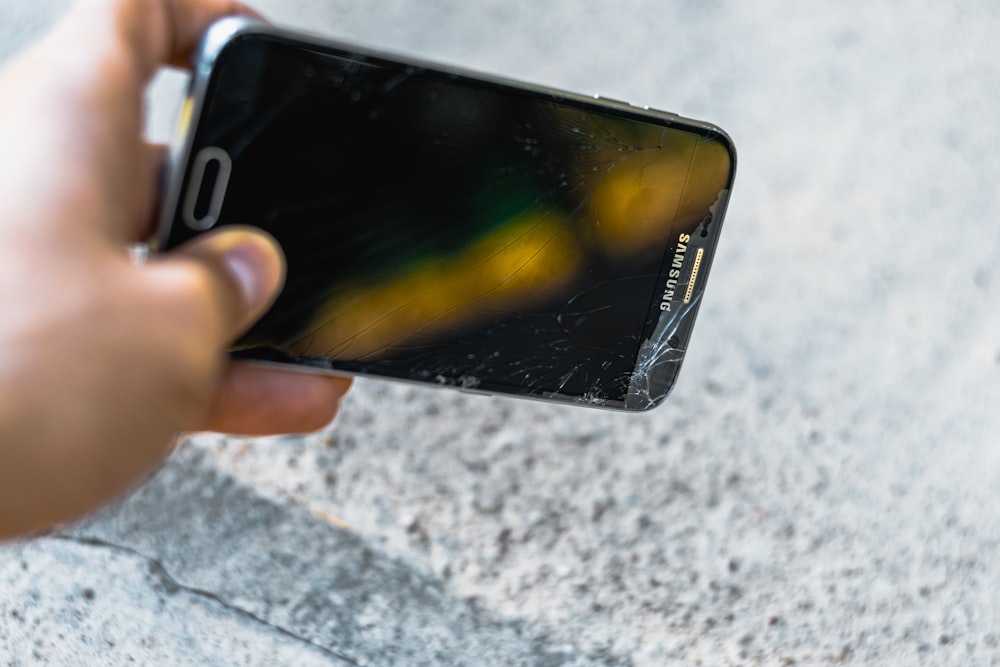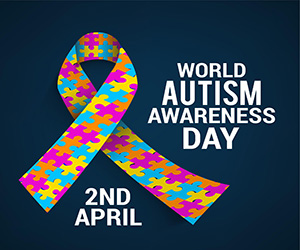We could all use a bit of inspiration right about now. Right on time, here’s some good news about the stuff people buy, courtesy of the European Union. The EU and Britain now follow the Circular Economy Action Plan, which gives Europeans a “right to repair” — so companies must fix people’s broken phones, tablets, laptops and printers. Launched in March 2020, the plan will become an important aspect of the European Green Deal, with a goal of keeping mineral, metals, and plastic out of waste bins, while lengthening the lifespans of everyday devices.
Embedded within electronic devices are large amounts of water and electricity used in extraction, manufacturing, and waste production. Thus, EU policy focuses on these resource-intensive items — as well as cars and batteries, packaging materials, plastics and microplastics, single-use utensils and food containers.
Setting a New Global Benchmark
Introduced in December 2019, the European Green Deal itself aims to achieve a carbon-neutral Europe by 2050. The idea is economic prosperity that doesn’t rely on the extraction of natural resources. A circular economy keeps existing materials in use and leaves more natural resources to nature, thus addressing extinctions and habitat loss too. What does this shift mean for everyday business practices? By following a sustainable product policy, Europe is now:
- Keeping companies from discarding unsold goods.
- Handling the pickup of waste and recyclables better, so valuable materials can be salvaged.
- Requiring reliable information from makers about the reliability and durability of goods, so people can make informed purchases.
Is this relevant beyond Europe? No doubt. First, through this type of policymaking, the EU leads by example. Plus, the new policies serve as guiding principles in international trade deals, and they’ll restrict waste exports, too.
Upcycled: The Transformation of Fashion and Design
Fashion and design trends are also showing the way. Designers of everyday objects are re-purposing used items, boosting the recycled materials market. Toothbrushes made from recycled food containers are already in our grocery stores, and we can expect much more innovation as people demand truly durable goods, made with longevity and reusability in mind. One by one, companies are positioning themselves to compete in this evolving market. From a German startup that makes cups from coffee grounds to a store in California that produces glasses from vinyl records, upcycled gear is turning up everywhere.
 Building design is also in the midst of a global transition. The EU aims to bring the same concepts to the construction sector as the right to repair brings to electronics. D.C., like Europe, has pledged to become carbon-neutral by 2050. The Sustainable D.C. plan’s Built Environment goal involves retrofitting every existing business and apartment building to achieve zero-energy standards. (A zero-energy building uses only as much energy as it generates in renewable resources.) And D.C. aims to achieve net-zero energy use in all new construction by 2032.
Building design is also in the midst of a global transition. The EU aims to bring the same concepts to the construction sector as the right to repair brings to electronics. D.C., like Europe, has pledged to become carbon-neutral by 2050. The Sustainable D.C. plan’s Built Environment goal involves retrofitting every existing business and apartment building to achieve zero-energy standards. (A zero-energy building uses only as much energy as it generates in renewable resources.) And D.C. aims to achieve net-zero energy use in all new construction by 2032.
The sustainability trend has kept its edge in an economic downturn. Companies with better environmental profiles are outperforming the wider stock market since its peak in mid-February, noted Barron’s on March 26, citing a report by Sara Mahaffy of RBC Capital Markets. The message? Today’s cautious investors are expressing overall confidence in sustainable stocks.
Thinking Globally, Acting Locally
Globally, according to a UN report, just 20% of e-waste is properly recycled. There’s an opportunity here. Sponsors of the Secure E-waste Export and Recycling Act took note of the e-waste industry’s potential to create thousands of well-paid jobs. The Zero Waste D.C. initiative fits into this overall picture, as it guides the city to recover at least 80% of waste, and transform it into new resources. Zero Waste D.C. goals include:
- Protecting human health.
- Conserving natural materials.
- Curbing the emissions of greenhouse gases.
- Supporting economic inclusivity.
Taking a leadership role in the project is the Interagency Waste Reduction Working Group, whose waste collection improvements and public education efforts depend on agencies and businesses, schools and communities. People are helping by changing their habits, whether than means reselling internet gear or taking used clothing to ReThread DC. Meanwhile, in Arlington, the Consumer Technology Association is pressing for sustainable policies for electronics — an idea whose time has come.



















Add comment